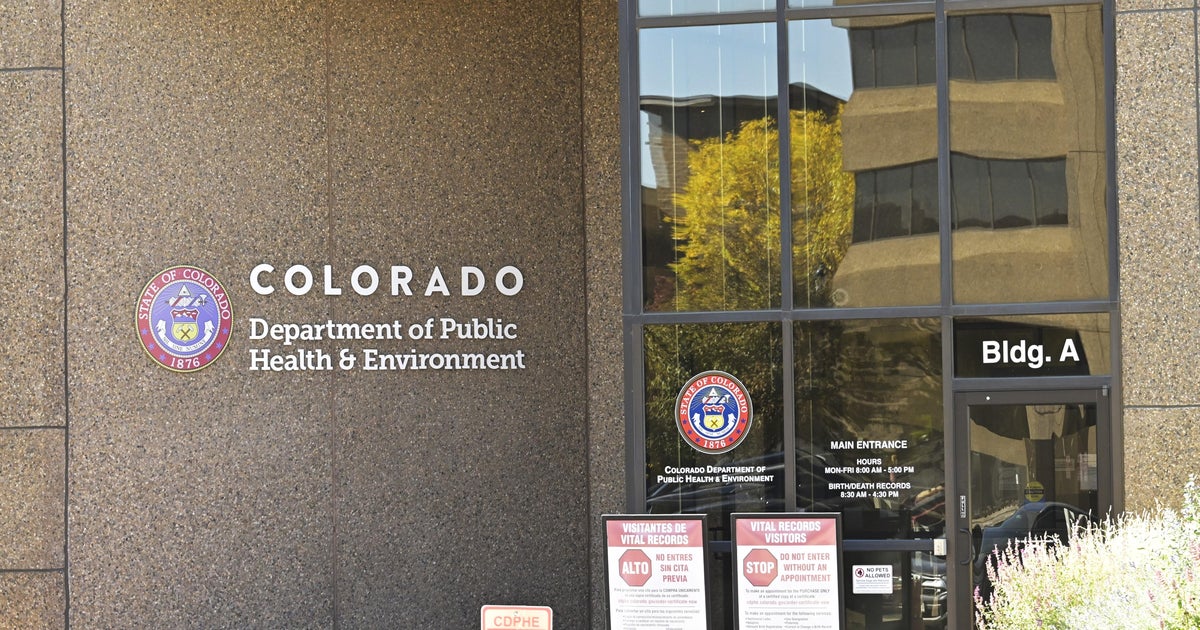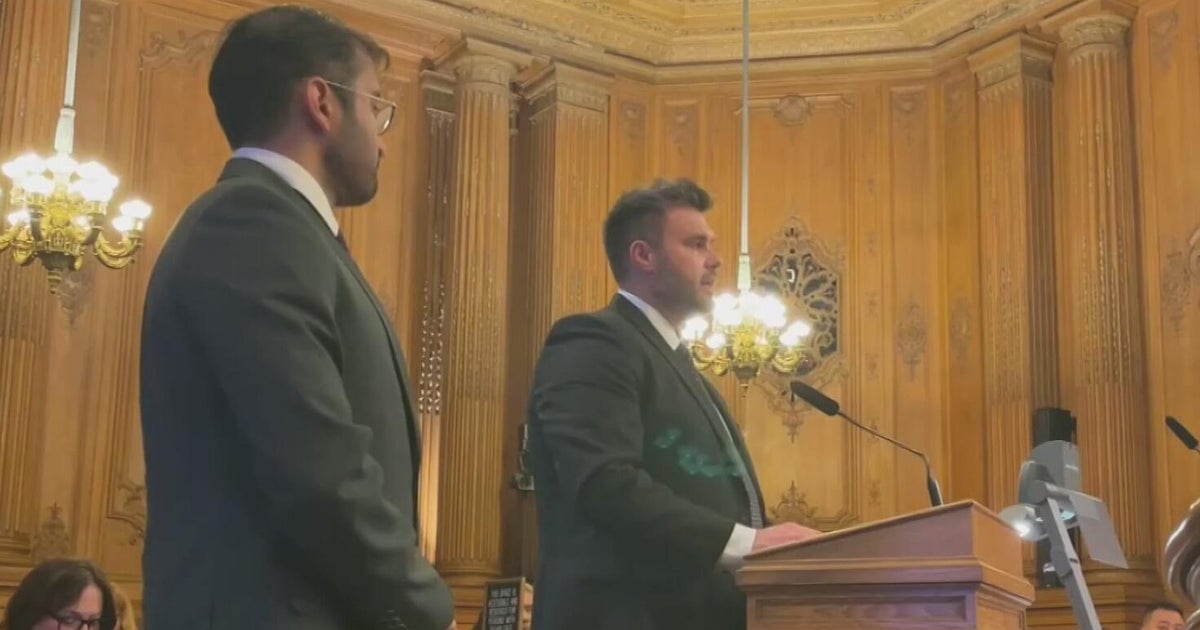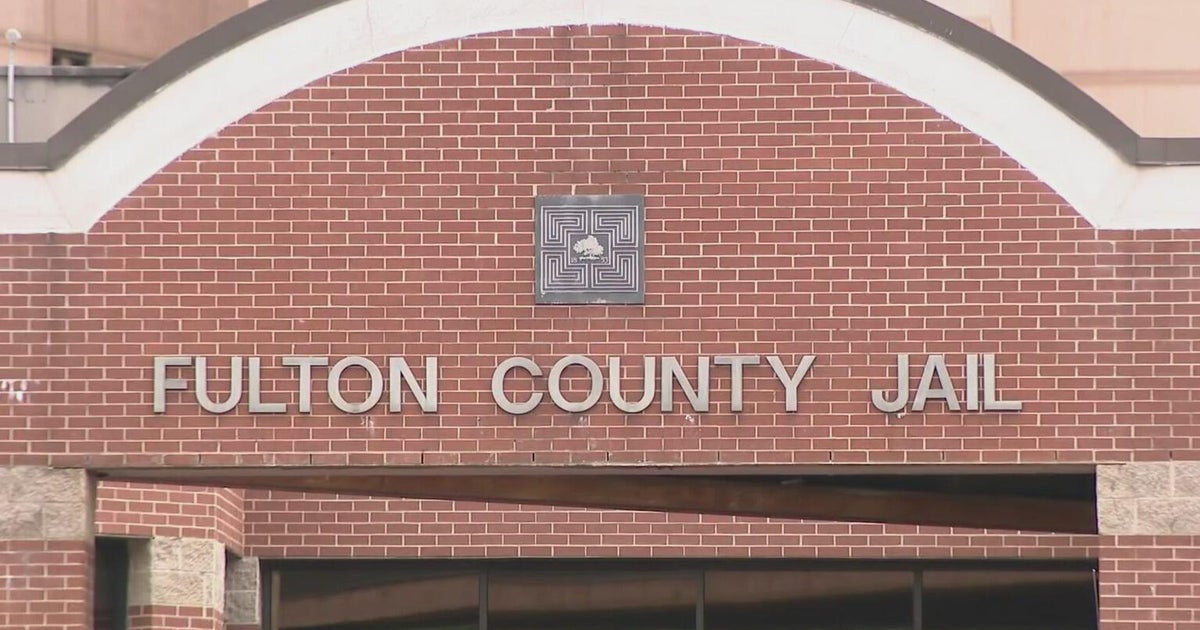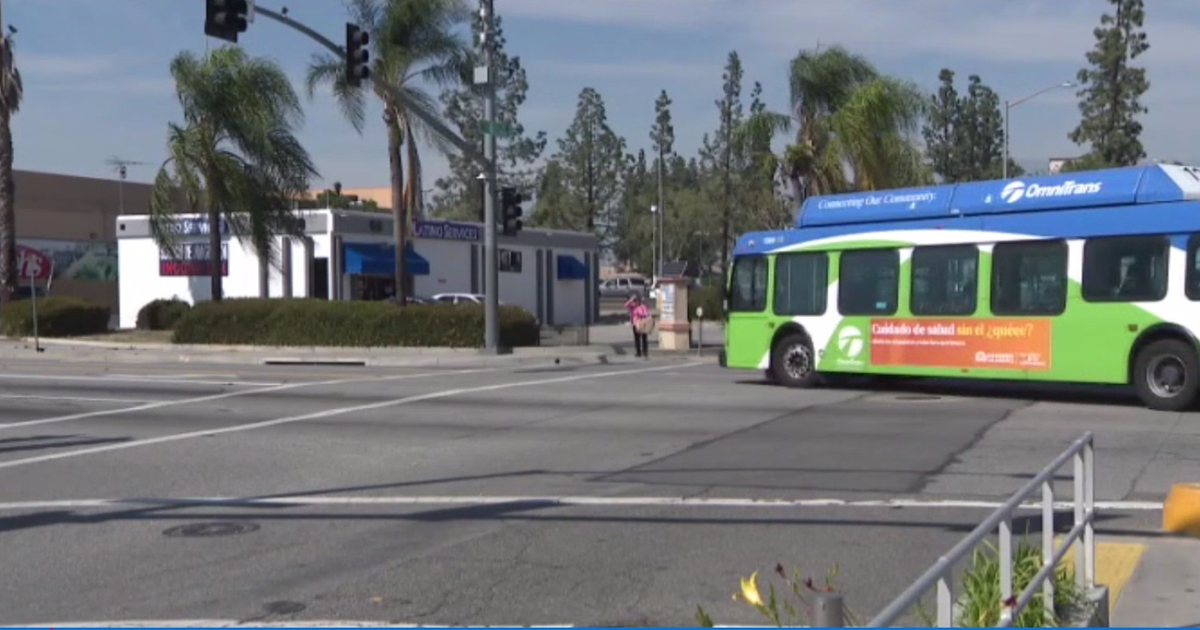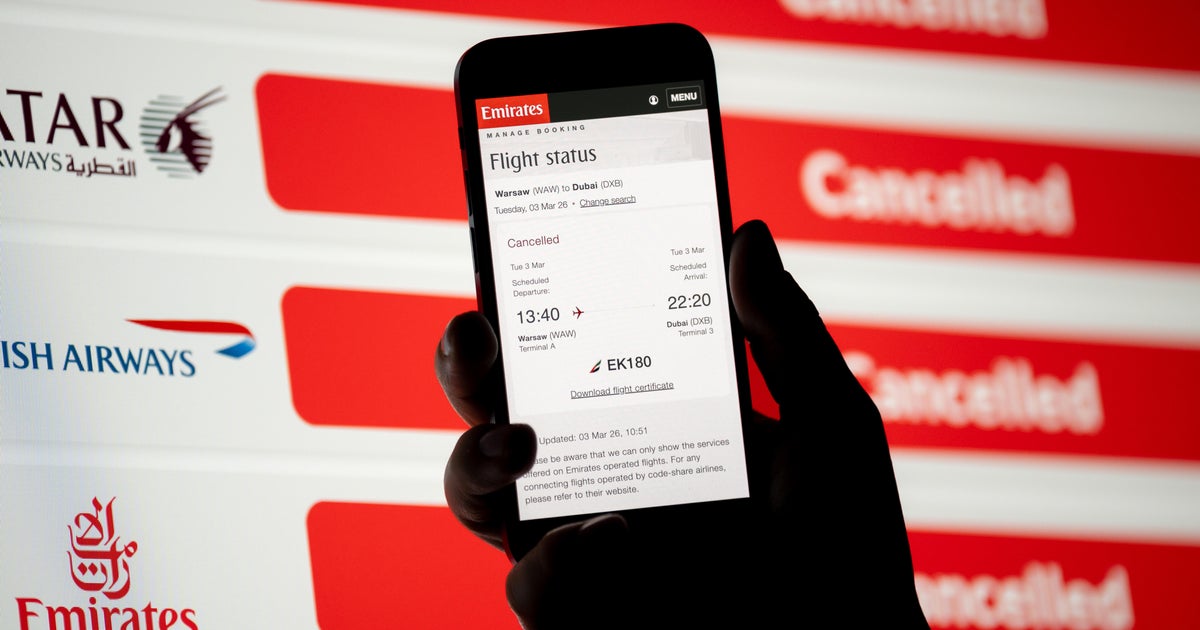Activists, Inmates Call For Action Amid San Quentin COVID-19 Outbreak
SAN QUENTIN (CBS SF) -- Activists, prisoners and their families on Tuesday were demanding action to stop what they are calling a brewing public health crisis at San Quentin State Prison due to COVID-19.
During a virtual press conference Tuesday morning, activists with Oakland's Ella Baker Center for Human Rights said the coronavirus started rapidly spreading through the prison last week.
There have been 26 confirmed cases so far. Prison staff are being tested, but those inside say robust testing of inmates has not occurred.
Activists and prisoners are now asking for Governor Newsom to release more inmates at a faster pace and keep the prison population down.
One prisoner called into the conference from the jail to comment on the current conditions.
"At the beginning of the pandemic, the prison passed out hand sanitizer donated by UCSF. We got one small bottle and haven't received any since. When it comes to this pandemic, they have absolutely no idea what they are doing, the prisoner said. "The statewide order to socially distance does not contain a footnote excluding incarcerated persons. Our right to be free of grave physical harm is not being afforded to us in the same manner that other human beings are receiving it."
The governor has started releasing prisoners within 180 days of their original release date, but some are arguing that's not enough people to make a difference.
A spokeswoman for the California Department of Corrections and Rehabilitation said San Quentin's testing rate is roughly three times the state and national coronavirus testing rates and state correctional officials are working to secure the capacity for mass testing both at San Quentin and the state prison system at large.
The state has also installed alcohol-based hand sanitizer stations in areas where sinks and soap are not available and prison facilities are being routinely cleaned and sanitized. Mandated staff testing is also underway at San Quentin and four other state prisons, according to CDCR spokeswoman Dana Simas.
"CDCR takes the health and safety of our incarcerated population and the community-at-large very seriously and have taken unprecedented steps to address this public health crisis," Simas said via email, noting that prisons have also reduced dorm density, provided temperature screening and masks and suspended in-person visiting.
"We will continue to expand on our efforts to safely and securely increase physical distancing within our institutions," she said.
According to the CDCR, 33 inmates at San Quentin have tested positive for the coronavirus, to date, and 3,219 inmates across the state's prison system have tested positive.
Some of those cases at San Quentin, the coalition of criminal justice activists said, stem from a May 30 transfer of 121 inmates from the California Institution for Men, a Southern California facility that had roughly 500 active cases at the time and had reported 13 coronavirus-related deaths.
San Quentin had zero confirmed cases prior to the transfer, according to the coalition. At least four inmates transferred from the California Institution for Men have since tested positive, the group said.
Although some 3,500 inmates at state prisons have been released early to reduce the strain of overcrowding, the quickest way to control the virus' spread throughout the prison system, the group argued, is to reduce the prison population even further.
Until that time, inmates will seldom be able to follow now-common public health guidelines such as physical distancing.
Activists say the governor must also use his clemency power more frequently.
